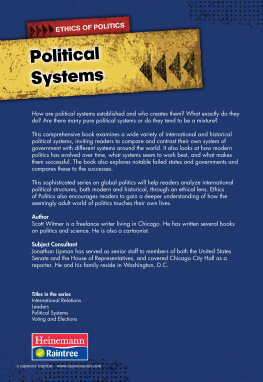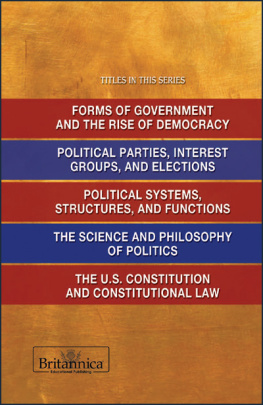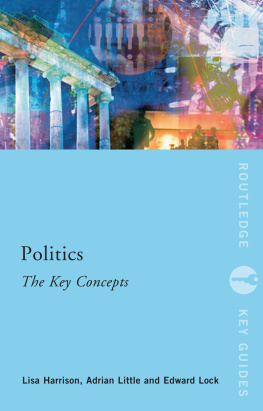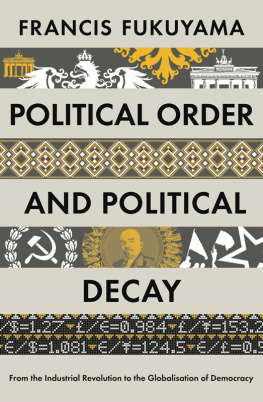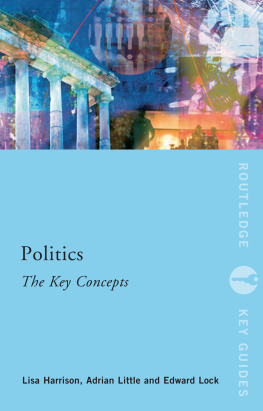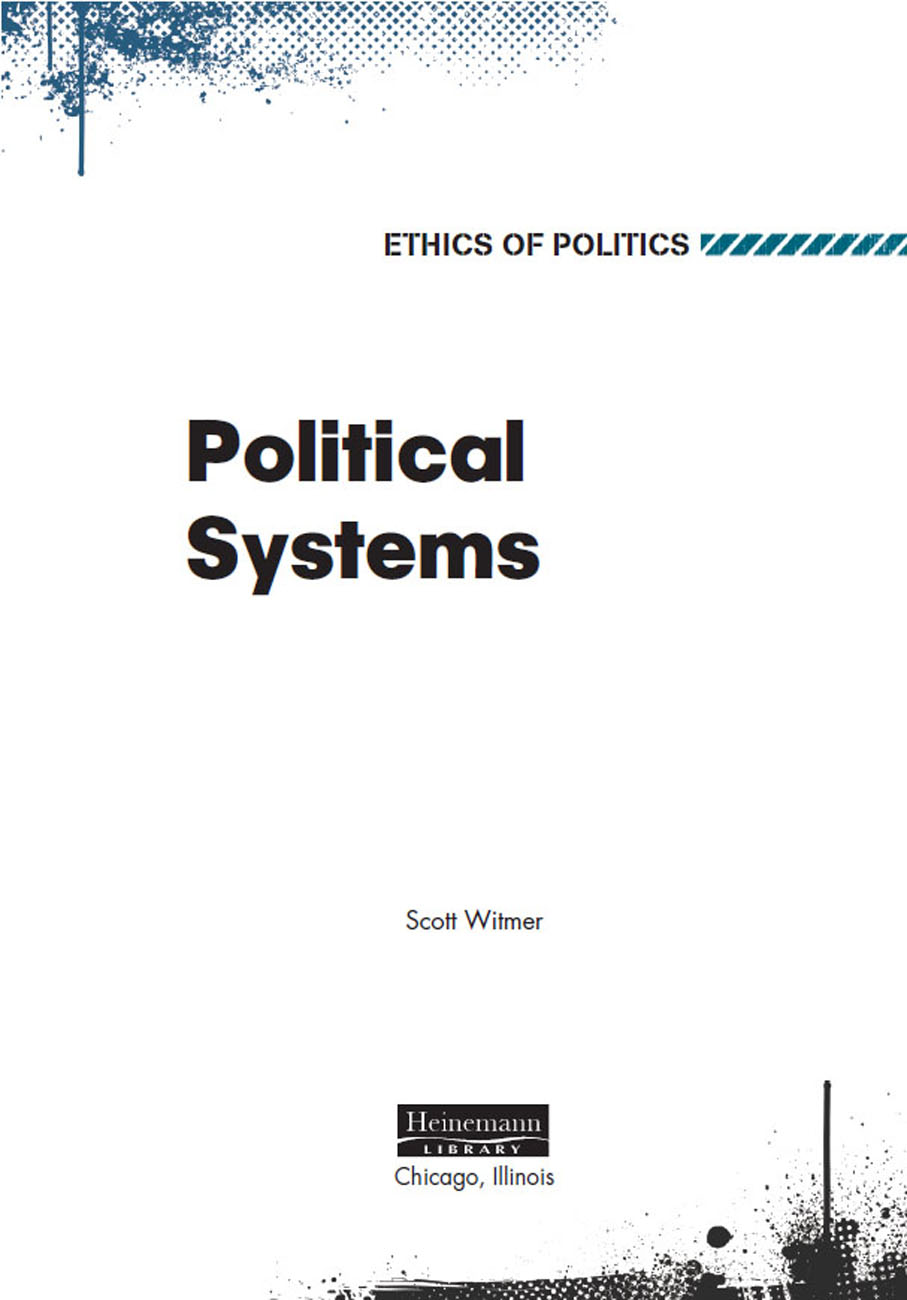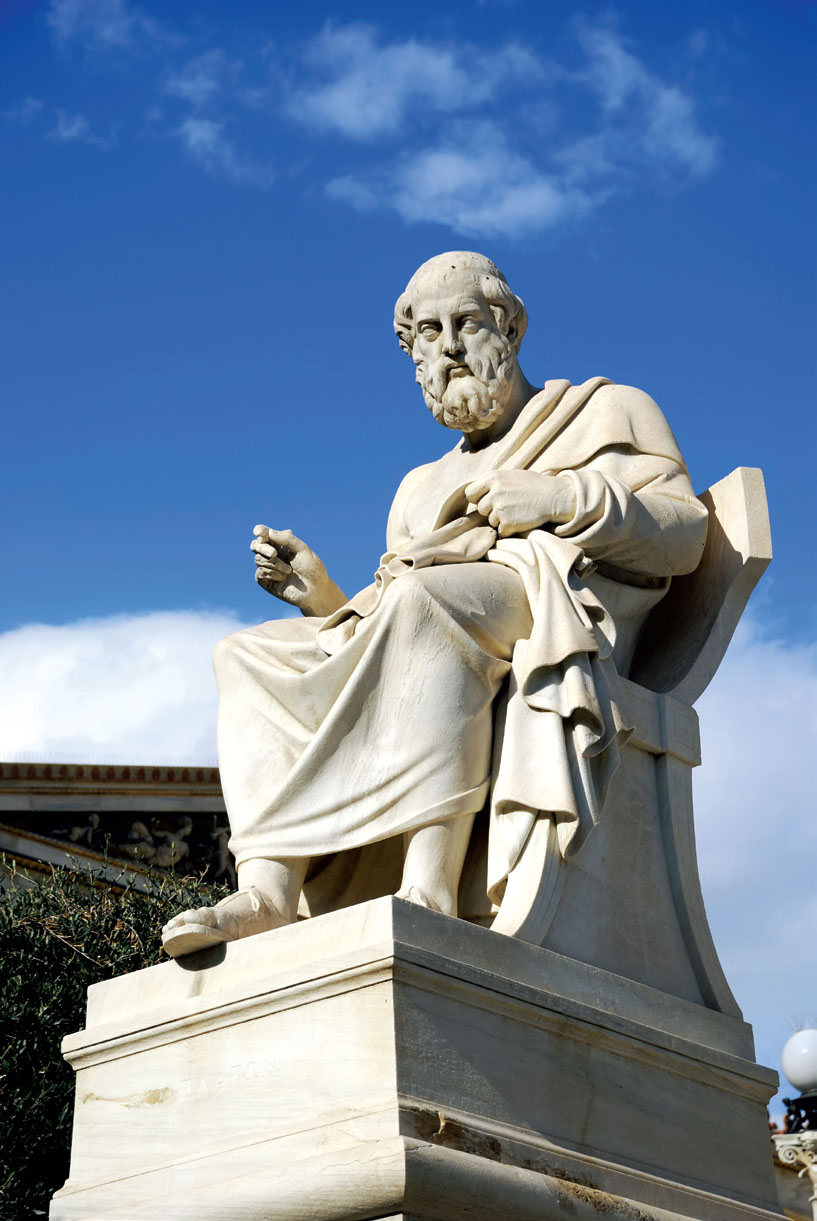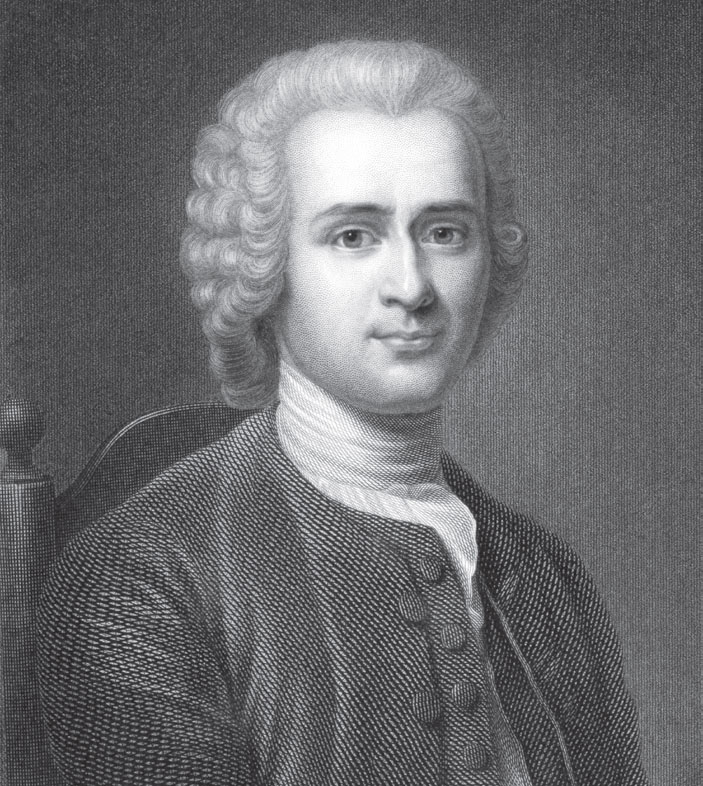THE ARAB SPRING REVOLT
It all began when a man set himself on fire.
It happened on the morning of December 17, 2010, in Sidi Bouzid. This town is in the country of Tunisia, in North Africa. As usual, 26-year-old Mohammed Bouazizi was selling fruit from his produce cart. A city official stopped him and took his scale. She told him he could not sell fruit without a license. Bouazizi knew he would have to pay moneya bribeto get his scale back. But this time the official also slapped his face when he complained.
Bouazizi felt humiliated. He was also fed up with the
Many Tunisians identified with the young mans anger. would often throw critics into prison. Protesting was illegal.
But Bouazizis dramatic example inspired many Tunisians to confront the desperate situation. Using social networking technology such as Facebook, thousands of people organized and marched through cities and towns across Tunisia. Hundreds were killed when Ben Ali ordered police to shoot his own people. But the violence only intensified their anger. Tens of thousands of people shut down the capital city, Tunis, in a mass protest. On January 14, Ben Ali fled the country.
The wave of revolution
Following the success of the uprising in Tunisia, uprisings spread throughout the
In Egypt, the spreading wave of revolution reached its peak. On February 11, 2011, after 18 straight days of nationwide protests, President
The scene of wild celebration in Cairos Tahrir Square in February 2011 marked the end of an era.
But what comes next? Will new governments be more open and fair? Or will a worse system of changes?
In this book, we will look at the (the concepts of right and wrong) of different political systems. Through this process, we may learn why governments succeed or fail and how they can be changed.
WHAT ARE POLITICAL SYSTEMS?
What do we mean by systems? Essentially, politics is how human beings organize everyday social life. But people have many different ideas about how society should be organized. This leads to different political systems. Political systems are large-scale methods of social organization.
For example, consider something like roads, which everyone uses. Where should roads be built? Who should pay to build or maintain them? Who should build them? Some form of social organization is needed to propose ideas for such decisionsand to debate the best solutions.
Now think about the many different things society must organize: housing, public safety, transportation, employment, food, health care, and more. For every aspect of social life, there are that have been decided by some sort of political organization.
Politics must also address the ethics of human behavior. Laws are created as restrictions against unethical behavior like stealing or killing.
In this chapter, we will briefly examine some of the characteristics that all political systems share. To understand the basic features of political systems, it is best to start at the beginning. Where did political systems come from?
The roots of political systems
Plato (depicted in this statue) was a great thinker from ancient Greece. He and his student Aristotle set down many ideas about how political organizations should function.
Political organization first began with the earliest civilizations, around 6,000 years ago. People first settled in river valleys where they could grow crops and raise livestock. Over time, disorganized communities developed into ordered societies.
Like all areas of ancient social life, politics were a part of rules and laws were justified by religious beliefs about how people should behave toward one another. Political leaders were seen as representatives of the gods.
Under the direction of leaders, large-scale social projects, such as irrigation (bringing water to where it is needed), allowed early societies to thrive and grow. Leaders could also organize people to fight against enemies.
These early communities were known as tribes. Members of a tribe shared values,
The basic functions of political systems were there from the start: protection, order, and the organization and development of resources like water. Thus, at a basic level most political systems have always tried to meet these human needs.
Freedom from politics?
Are politics necessary for human social life? Do people have the to live their lives without concerning themselves with the problems of political and social organization?
As nations grew, they formed . In modern terms, states are independent geographic territories. Many people identify the government of a state with the state itselfeven though a state may have many different governments over time.
Governments are organized From an ethical perspective, governments are responsible for enforcing laws. The laws of governments maintain a sense of right and wrong in society. But they also limit citizens freedoms.
Ideology and aspirations
Jean-Jacques Rousseau (1712-1778) was one of the first modern philosophers to write about the ethics of politics. His writings, including The Social Contract (1762), greatly influenced the French Revolution of 1789.
Political systems are not just the institutions of government. They are also the ideas, or , that define and shape a government. An ideology is a set of ideas that defines the values of a political system.
Political change often starts as a rejection of existing conditions. It is also the result of new political ideologies that develop over time and challenge existing ideologies. But how are political ideologies formed in the first place?
Political ideologies result from different ideas about how social life should be organized to best meet everyones needs. Much political thought grew out of the . This was a period of philosophical and cultural advancement in Europe that lasted from the mid-17th to the 18th centuries. Enlightenment thinkers used reason to examine political power. They were especially concerned with the idea of rights, or ethical guarantees, such as freedom.
In the 17th century, philosophers such as Englishman
The emphasis on rights marked an important stage in humankinds attempt to analyze and shape political systems. It resulted in the foundation of political science. This is the study of political systems and human social behavior.
Political systems today
No political system exists in pure form. Instead, in the real world, governments represent political systems to varying degrees.
We can look at real-life governments as models. They can help us understand political systems in action. They can also help us understand the ethical potential of different forms of government. By learning from history, we can shape governments in a way that allows people to live securely and freely.
Modern governments serve a range of purposes beyond the basic functions of protection and order. Governments that no longer meet the needs of the population are often changed through (gradual political changes) or revolution. Sometimes governments can also be changed when outside governments choose to become involved.

